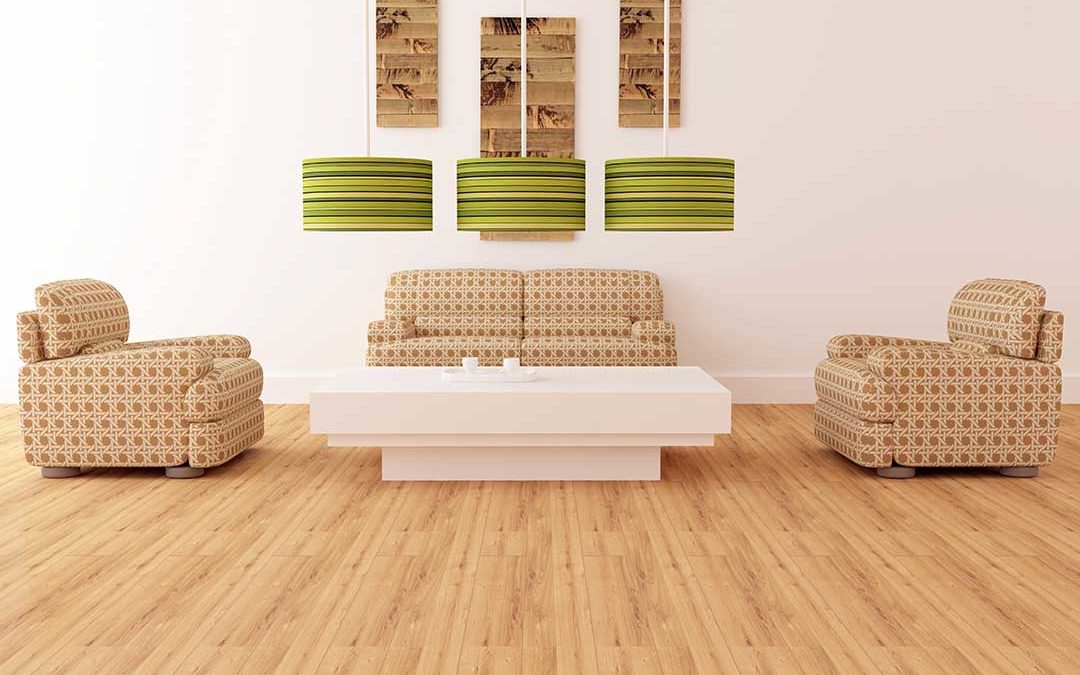New technology has made it possible to create new vinyl floor options. Some of the latest flooring products on the market include the rigid-core luxury vinyl products, which are manufactured a rigid or solid core for extra robustness. The different luxury vinyl options available for installation in your projects are Stone Plastic Composite (SPC) then Wood Plastic Composite (WPC).
Construction
While both SPC and WPC flooring share various traits, there are some differences that should be considered any time you are deciding which floor works best for your project. SPC flooring has a core normally comprising of 60 percent limestone, plasticizing agents, and polyvinyl chloride.
In contrast, WPC has a core constructed from polyvinyl chloride, plasticizers, calcium carbonate, and wood-like or wood flour materials. WPC manufacturers are increasingly replacing the original wood materials with various wood-like plasticizers.
Durability and Stability
The SPC core layer has limestone, which offers this flooring a higher density but thinner look when compared to a WPC floor. The core layer makes SPC flooring more durable while offering better resistance to dents or scratches from heavy furniture or items placed on top of it. In addition, the floor is also less susceptible to expansion in the event of extreme temperature changes.
It is critical to note that while WPC floors and SPC floors are both often marketed as waterproof, they are water-resistant. This means that both products are not waterproof once submerged in water. However, the typical moisture and spills are not an issue when you follow up with proper cleaning within a reasonable period.
Applications
In terms of comfort, WPC contains a foaming agent, which makes it more comfortable underfoot and less dense compared to SPC flooring. This makes WPC the ideal flooring material for areas or rooms where employees or residents are constantly standing. Further, WPC offers better sound absorption quality compared to SPC flooring, which is ideal for use in office spaces and/or classrooms.
WPC and SPC were originally designed for use in commercial spaces for their durability, but homeowners have realized the benefits of their rigid cores and easy installation. Plus, they also bring homeowners different design options to suit different tastes in addition to durability. However, note that some WPC and SPC products vary from light commercial to full commercial use, something you need to verify with the manufacturer to ensure what warranty applies.
Both SPC and WPC floors do not require extensive subfloor preparation before installation. But, installing on flat surfaces is always the best thing to do. Fortunately, both rigid core luxury vinyl options can hide floor imperfections like divots or cracks thanks to the core composition.
Overall
While SPC and WPC floors are within the same price range, the SPC flooring is usually more affordable. Overall, there is no clear winner on which flooring is better. Both SPC and WPC come with several similarities but a few important differences. A WPC flooring option offers you a comfortable and quieter underfoot experience, while the SPC features a higher density. Choosing the right product for your project really depends on your flooring requirements for a specific room.



